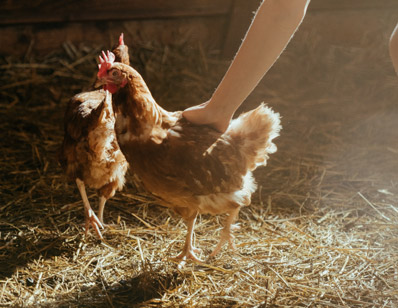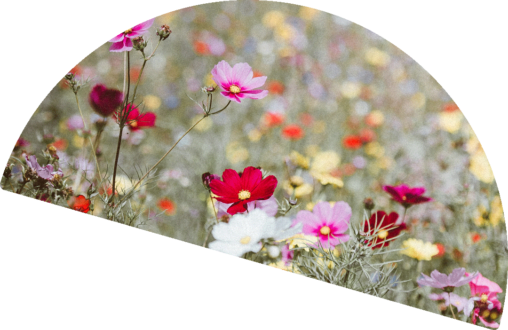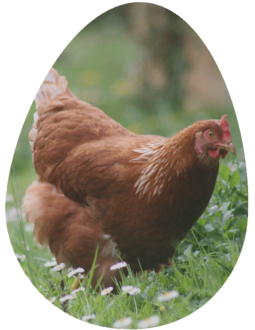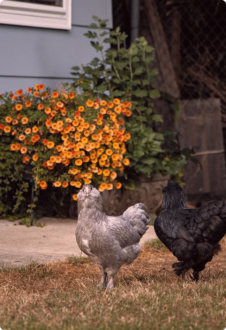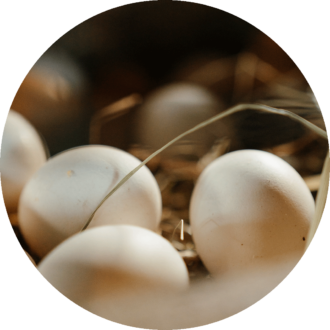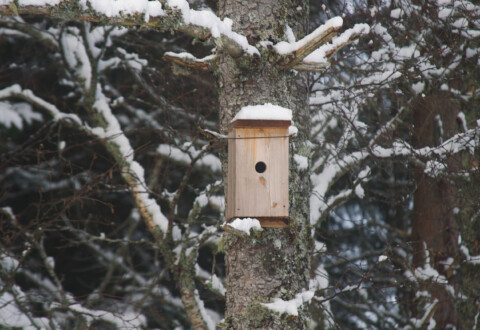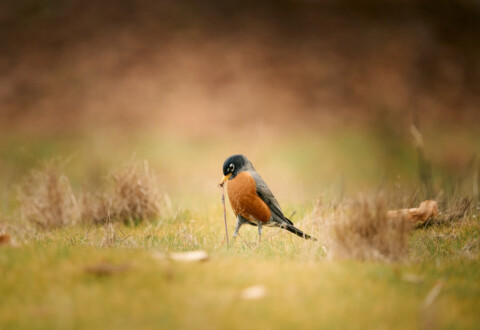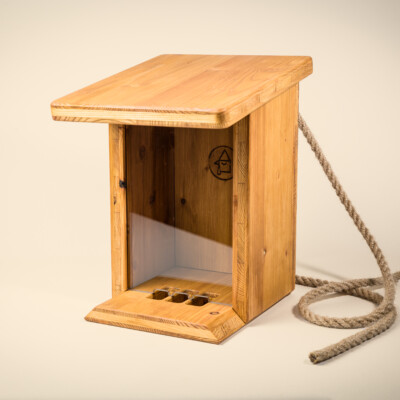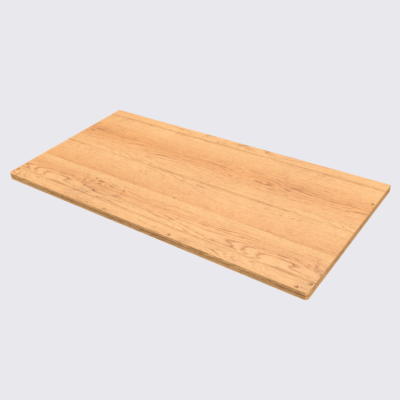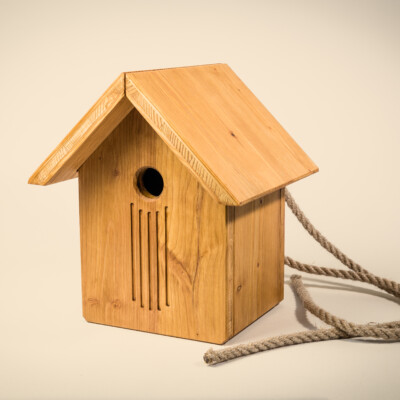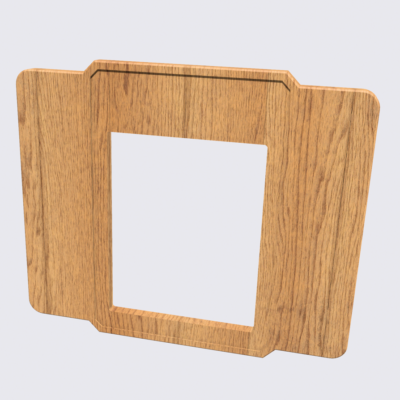It is easy to explain why chicken keepers are so enthusiastic about their (new) hobby – they notice that it is good for them. Their chickens make them more mindful, more relaxed and happier. But what is it exactly that causes these wonderful effects?
The happier your chickens are, the happier you are. To achieve this, it is of utmost importance that the chicken coop and the surrounding run meet certain minimum requirements. However, there are also other factors that you should consider:
- The composition of your group of chickens
- The health of your chickens
- How you treat them (the importance of this one cannot be overstated)
There will soon be detailed blog entries on all these topics. For now, today, we are talking about …
… the happy chicken
How you can tell if a chicken is happy is mainly a matter of practice and experience. Chickens don’t have facial expressions like many other animals do. You can tell a lot from how they look at you, but that’s about it when it comes to facial expressions. It’s more a combination of behaviour and the noises they make that counts. Chickens have a considerable repertoire of different sounds. It takes some experience to understand them. But given time you will learn it well. You will quickly recognise, for example, the long and deep contented clucking of a chicken basking in the sun, or the proud cluck to mark a successfully laid egg.
How good your chickens will be to you depends very much on how you treat them. Chickens also remember who is good for them. So, if you give them a species-appropriate life and treat them with respect, they will definitely thank you.
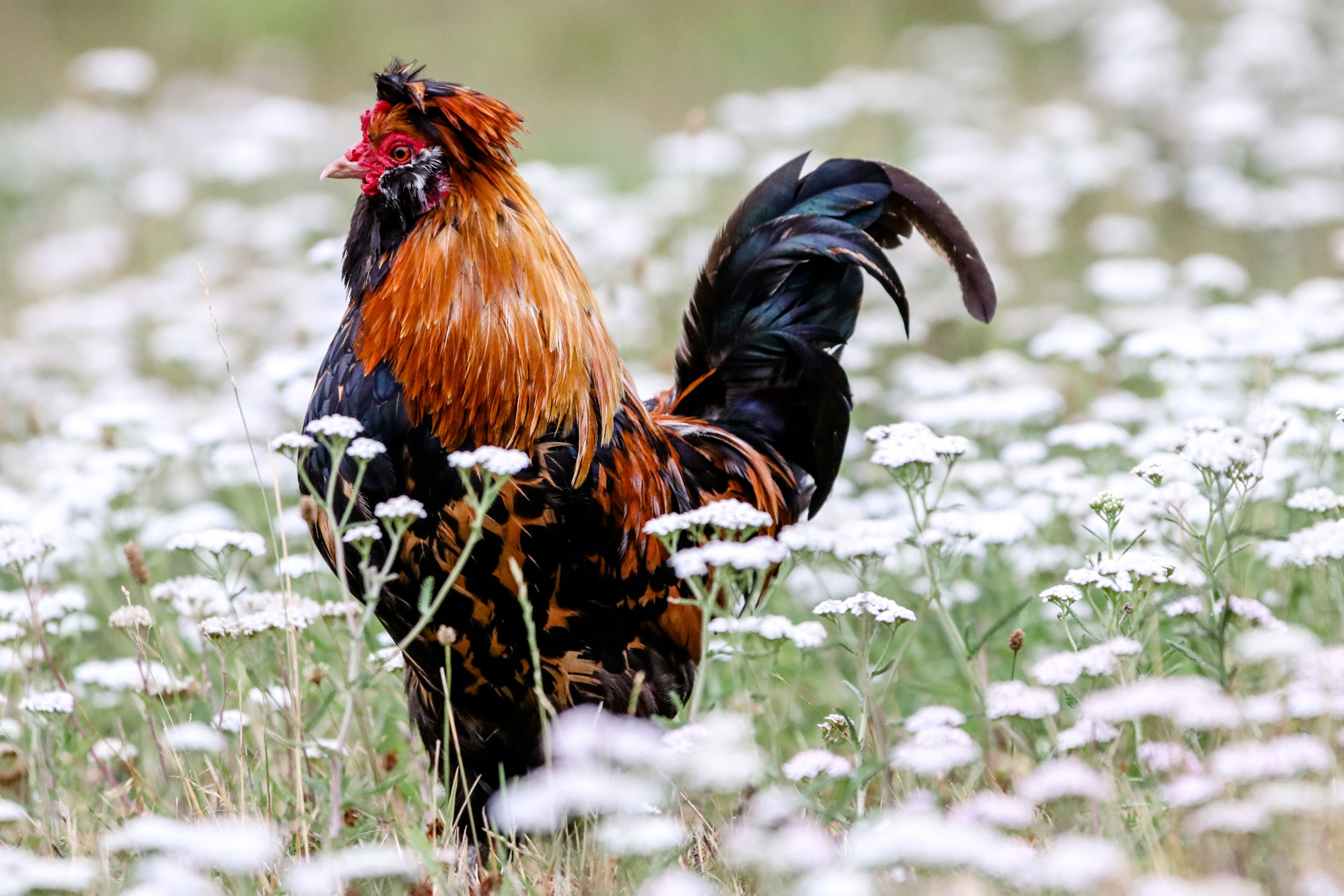
… the joy in everyday life
Chickens are very undemanding and, unlike other domestic animals, are perfectly happy spending days without humans around. If the run is large enough and there is enough food available, chickens can even feed themselves for long periods of time.
However, the moment you want to spend some time with them, they’re right there. This is also ideal for children, because chickens are very trusting, and with a little patience you can even teach them tricks. Our children love our chickens and are very enthusiastic about maintaining the coop, fetching the eggs and cuddling the chickens. Children can quickly take on everyday responsibilities and learn a lot from doing so.
You will experience many special moments with your chickens – like a little paradise from your childhood days. It is simply wonderful when…
- …you take your own egg out of the coop for the first time. Even after many years you realise that the significance of this and the joy it brings only grows over time – not to mention that the eggs from your own garden simply always taste better. Self-sufficiency in its purest form!
- …while working in the garden planting a new bush, the chickens come scurrying round your feet, hoping to find a juicy worm
- …after exactly 21 days of incubation, the chicks come into the world and you get to experience this miracle of nature live and up close.
- … all the chickens rush towards the entrance of the run just because you are approaching.
- … you’re relaxing in your hammock, the daily stress is over, and you hear the contented clucking of the chickens in the background.
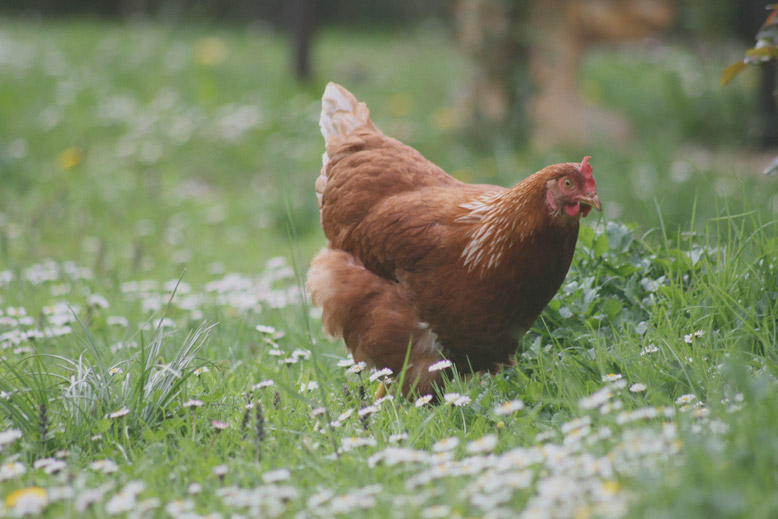
the new pet of choice?
Now you’d be forgiven for wondering why it has taken so long for this wonder pet to become a trend – child-loving, entertaining and easy to care for, costs very little to run, is pretty to look at and provides us with unbeatable eggs.
Besides all these – including emotional – aspects, chickens are also of great practical use. Chickens are very good …
- food waste recyclers – not all, but many kitchen scraps can be fed to your chickens (so these little omnivores help prevent food waste).
- sources of fertiliser – chicken droppings are a very good fertiliser.
- gardeners – by constantly scratching and scraping, they loosen the top layer of soil and pesky weeds are quickly picked away.
- pest exterminators – while scratching, chickens are constantly on the lookout for protein-rich food, and in the process eradicate snails, insects, worms and spiders (incl. their eggs and larvae).



